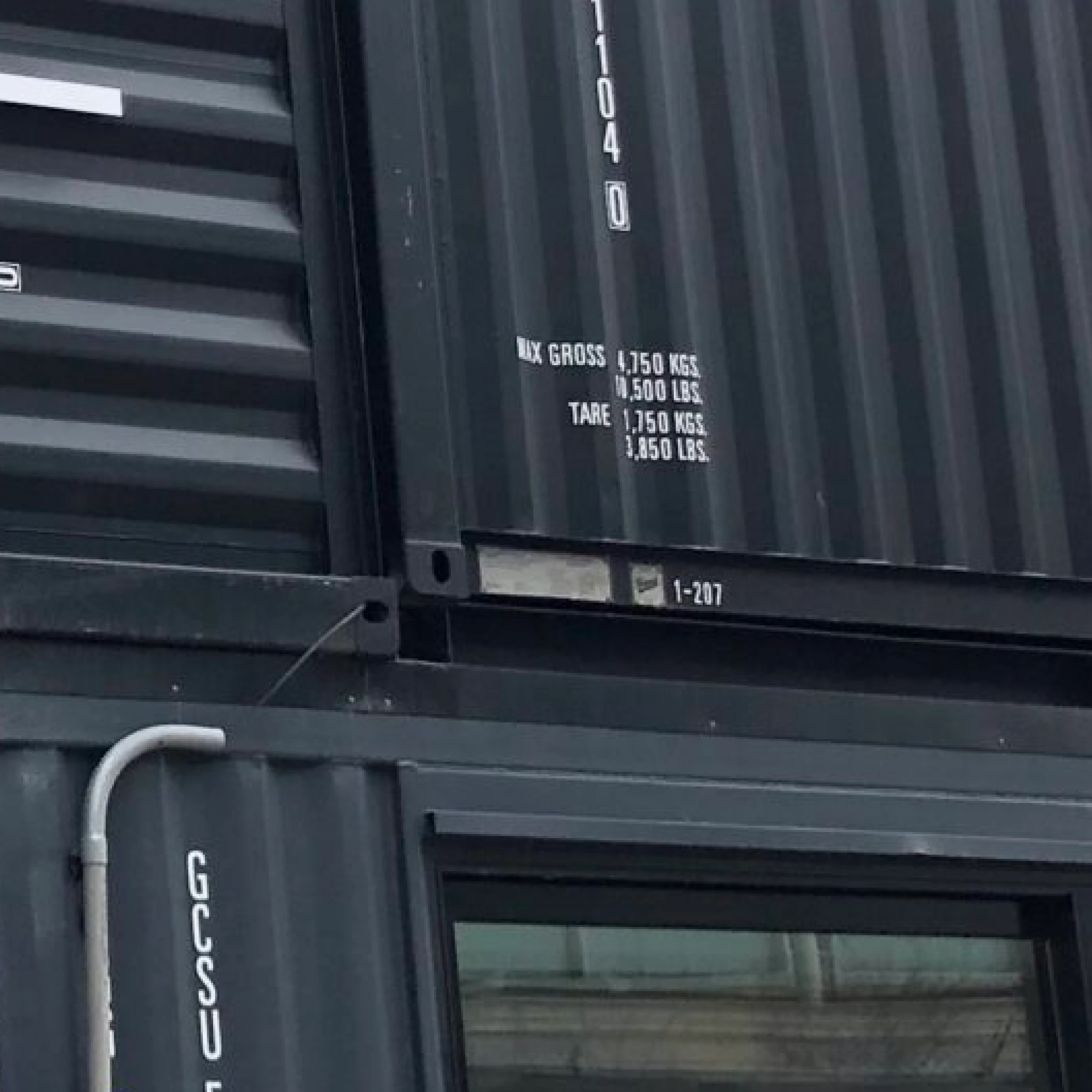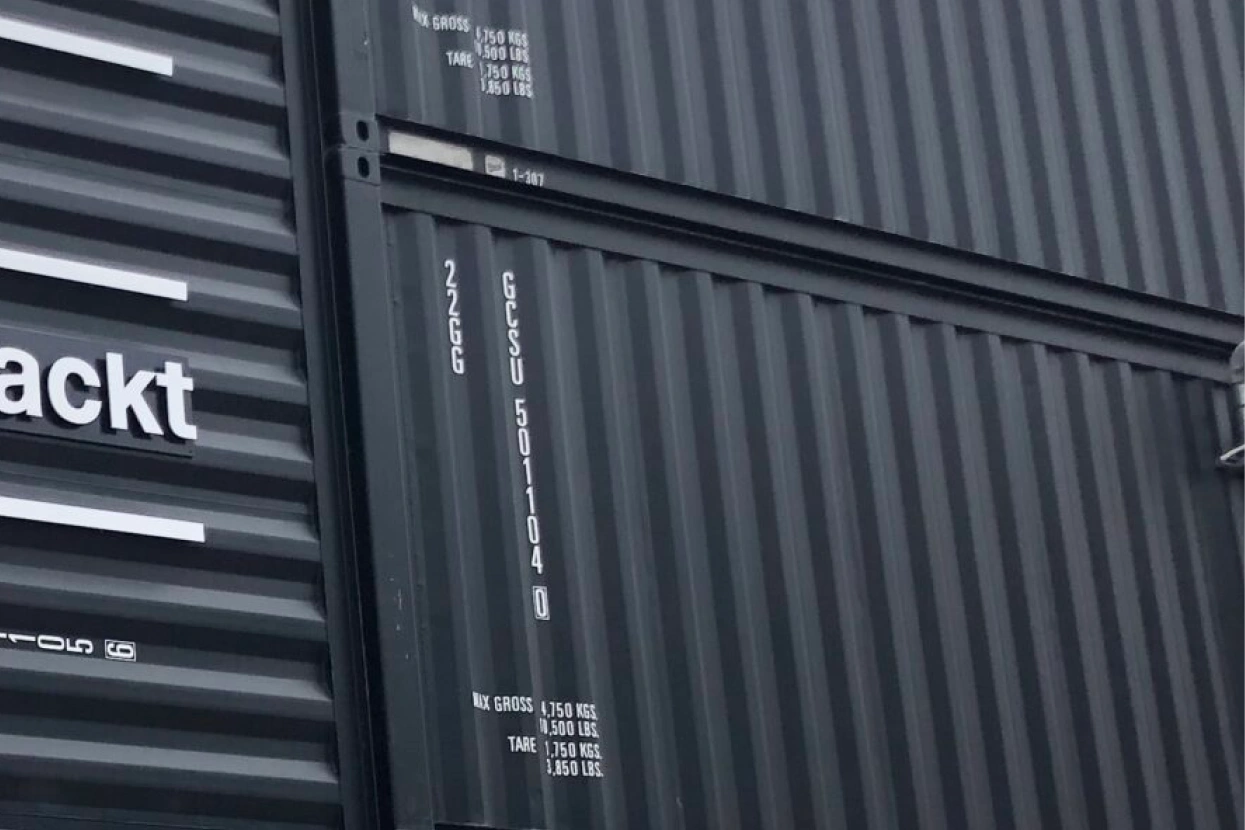Why Choose Shipping Containers for Modular Structures


Shipping containers have gained popularity as innovative solutions for industrial structures. With their versatility and immense strength, they offer a unique alternative to traditional building methods. In this FAQ blog, we will explore the benefits, applications, and considerations when choosing shipping containers for industrial use.
What Are Shipping Containers?
Shipping containers are standardized steel boxes used to transport goods across long distances. Their rugged design allows them to endure harsh conditions, making them ideal for storage as well.
These containers come in various sizes, with the most common being 20 and 40-foot lengths. This adaptability in size contributes to their growing popularity for diverse applications, especially in industrial settings.
In essence, shipping containers are not just a mode of transport but also a revolutionary building material. From warehouses to pop-up shops, they are being utilized in exciting and innovative ways that challenge traditional construction methods.
Benefits of Using Shipping Containers
One of the primary benefits of using shipping containers for industrial structures is their durability. Constructed from high-grade steel, these containers can withstand extreme weather, ensuring longevity and reliability.
Cost efficiency is another compelling advantage. Compared to traditional building materials, shipping containers are significantly cheaper to source and modify. This affordability can translate into substantial savings for businesses looking to expand their facilities.
Furthermore, the speed of construction when using containers is remarkable. Instead of waiting months for a building to be erected, containers can often be delivered and set up in a matter of weeks, allowing businesses to get up and running much faster.
Additionally, shipping containers promote sustainability. By repurposing these containers, businesses can reduce waste and lessen their environmental footprint, molding a more eco-friendly approach to industrial development.
Common Applications in Industrial Settings
Shipping containers are widely used as warehouses, mobile offices, and even workshops. Their robust construction makes them suitable for storing heavy equipment or sensitive materials, safeguarding against theft and environmental factors.
In the manufacturing sector, companies have begun to utilize containers for on-site production facilities. This approach allows for flexibility and scalability, adapting to changes in production demands without the hassle of long-term commitments.
Moreover, shipping containers can serve as temporary structures for industrial sites. Whether it's a construction project or an event, these containers provide a quick and effective way to create additional space for operations.
Design Flexibility and Customization
One of the most exciting aspects of using shipping containers is their design flexibility. They can be easily modified to include windows, doors, and insulation, enabling various configurations to suit specific business needs.
Creative architects and designers have taken container modifications a step further by stacking and joining multiple containers. This can result in multi-level structures that maximize space and functionality, all while retaining an industrial aesthetic.
With advances in design technology, businesses can visualize potential layouts and customizations before committing, ensuring that the final product meets their operational requirements and design aspirations.
Cost-Effectiveness Compared to Traditional Methods
When it comes to budgeting for industrial structures, shipping containers emerge as a more cost-effective solution. Traditional building methods often involve hefty expenditures, including labor, materials, and time, whereas containers streamline this process.
For businesses operating on tight margins, the lower initial investment coupled with the reduced labor costs makes shipping containers an appealing option. This financial advantage can be crucial for startups or companies looking to expand without incurring significant debt.
Need some more inspiration?
Check out our recent projects





